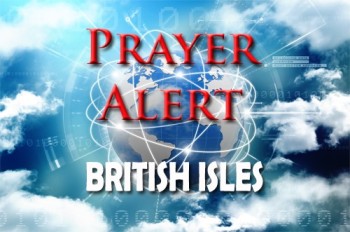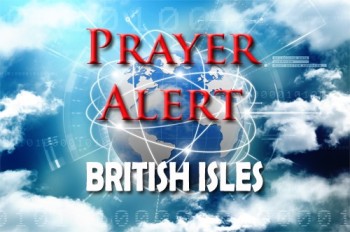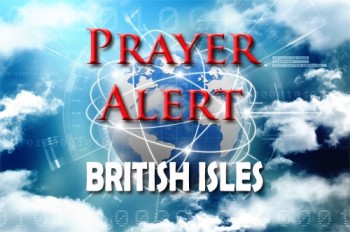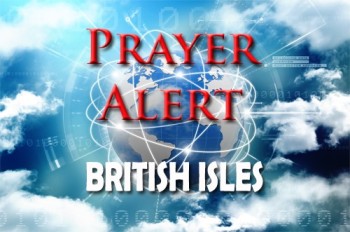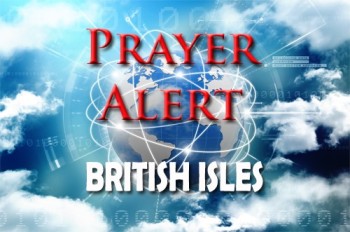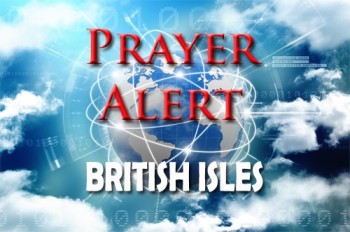Christian woman fired by school wins legal battle
Kristie Higgs, a Christian school counselling assistant, has won a landmark UK Court of Appeal case after being fired in 2019 for expressing concerns on Facebook about LGBTQ+ materials being taught in her son’s CofE primary school. The court ruled her dismissal was unlawful discrimination based on religion and belief. Higgs had posted about the 'No Outsiders' programme, which included books promoting gender ideology. An anonymous parent complained, leading to her dismissal for 'gross misconduct'. The school argued she was fired for her language, not her beliefs, but judges ruled the termination was disproportionate. The ruling strengthens freedom of speech and religious expression in employment law, shifting the burden onto employers to justify such dismissals. Higgs, supported by the Christian Legal Centre, called the decision a victory for free speech and for Christians facing workplace discrimination. She hopes it will protect others from losing their jobs over their beliefs.
Gen Z more pro-marriage than millennials and have less casual sex
A new Times survey reveals that Generation Z is more pro-marriage and less engaged in casual sex than millennials. Only 23% of Gen Z respondents said their friends commonly had one-night stands, a steep drop from 78% of millennials twenty years ago. Additionally, fewer young people are engaging in unprotected sex outside long-term relationships, and internet pornography use appears to have declined. While some Gen Z individuals still question the need for legal marriage, others see it as a more serious commitment than past generations. Financial constraints remain a barrier, with lower-income individuals less likely to marry because the benefits system disincentivises marriage. Some argue that difficulties with dating apps and changing cultural values have made young people more likely to stay in long-term relationships rather than constantly seeking new partners. This shift could indicate a revival of traditional relationship values.
UK not planning to hit back at USA on steel tariffs
The Government has stated it will not immediately retaliate against the renewal of US steel and aluminium tariffs, instead opting for a measured approach. Trade minister Douglas Alexander emphasised the need for a 'cool and clear-headed' response rather than a knee-jerk reaction. The 25% tariffs, set to take effect from 12 March, are designed to reduce foreign imports and boost US steel production. While the UK only exports 10% of its steel to the US, certain specialist suppliers could face severe impacts; the tariffs could also lead to an influx of cheaper foreign steel into the UK, undercutting domestic manufacturers. In response, UK Steel and unions are urging the Government to increase domestic steel purchases and protect jobs. Other nations, including Canada and the EU, have condemned the tariffs and vowed retaliatory measures, while the UK remains committed to diplomatic engagement. Donald Trump, who imposed similar tariffs in 2018, has indicated no exemptions this time, except possibly for Australia.
Judge-led public inquiry to be held into Nottingham attacks
An official inquiry will soon be launched into the June 2023 Nottingham attacks, when three people were killed by Valdo Calocane. Calocane, who also attempted to kill three others, was sentenced to an indefinite hospital order after admitting to manslaughter by diminished responsibility. Experts ruled that schizophrenia reduced his responsibility, but victims' families insist he 'got away with murder' and demand full accountability. The victims' families welcomed the inquiry, emphasising the urgent need for reforms in mental health care and public safety. A recent NHS England report found severe failures in Calocane’s care, including missed treatment opportunities and a failure to enforce medication. Keir Starmer assured the families that the statutory inquiry will be comprehensive and independent, with a retired judge leading the process to uncover the truth and drive systemic change.



